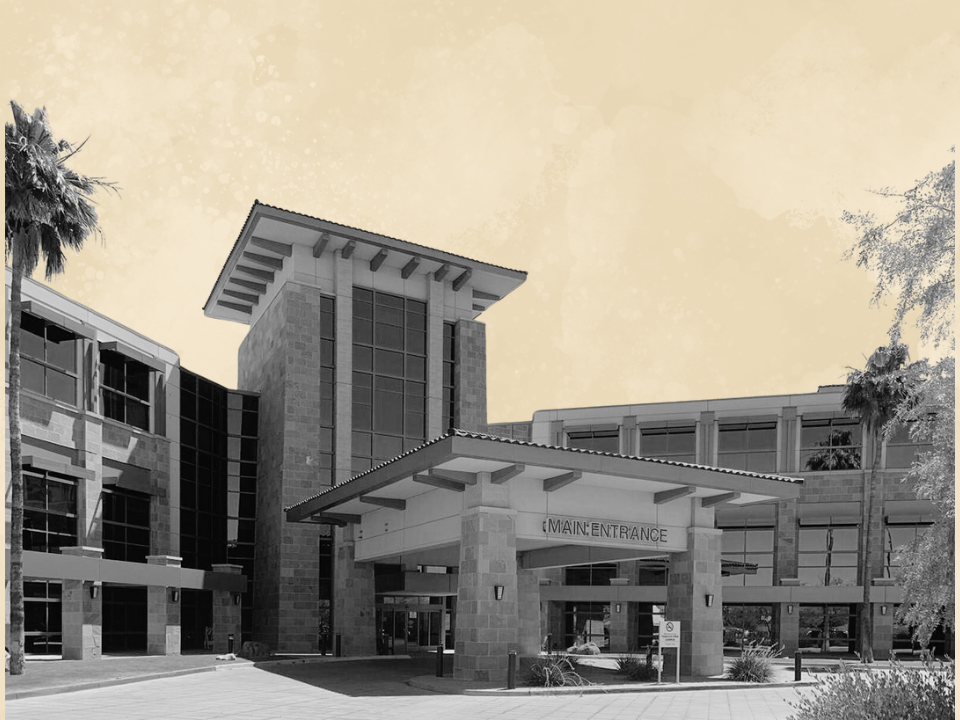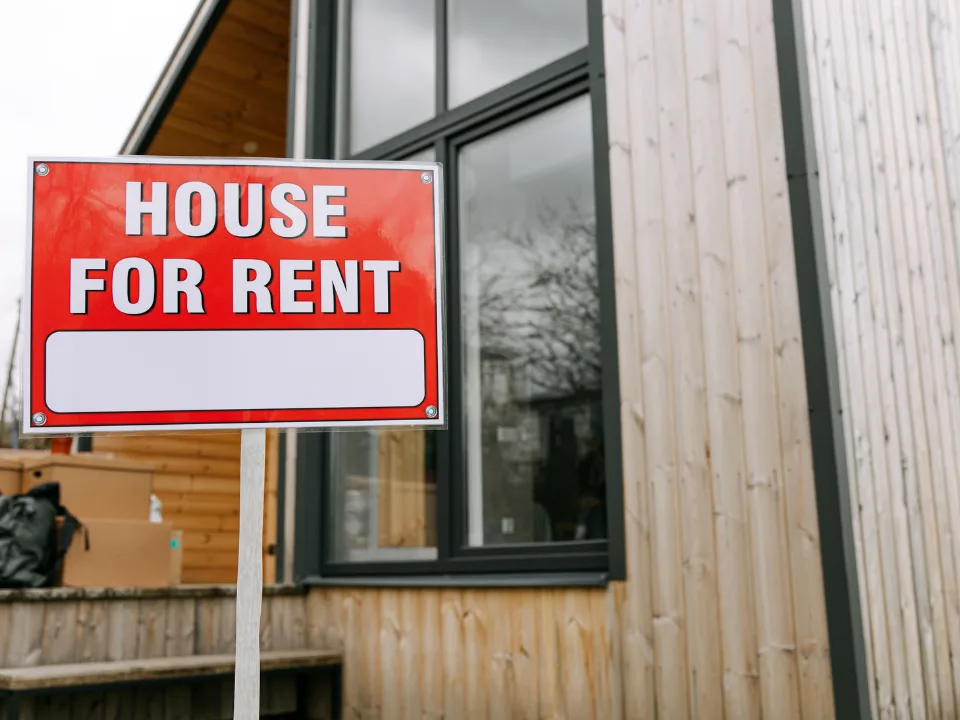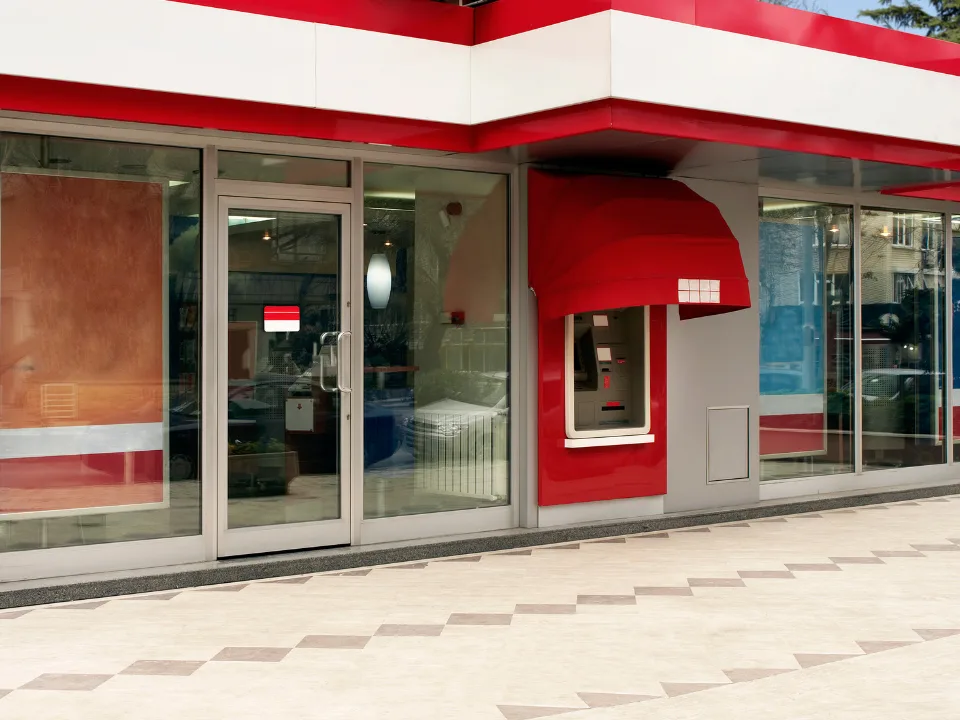- Steward’s decision to sell the 31-hospital portfolio comes after a bankruptcy filing.
- The company plans to pay off $500M in debts while restructuring operations.
- Landlord Medical Properties Trust will provide financing to support hospital operations during bankruptcy.
Stop The Bleeding
Struggling Steward Health Care’s decision to sell 31 US hospitals at auction is a strategic move to alleviate $500M of a staggering $9B in debt, due in part to a hospital acquisition spree that stacked up significant debts in fairer markets.
The company’s goal is to generate funds to repay creditors and restructure the financially embattled healthcare system, which recently filed for bankruptcy.
Landlord Lifeline
As part of the 31-hospital auction, Steward has secured debtor-in-possession financing from landlord Medical Properties Trust (MPT). The REIT’s initial funding of $75M, with the potential for another $225M, provides essential liquidity to sustain hospital operations as the Steward navigates the unfolding bankruptcy process.
Governance Critique
Massachusetts Governor Maura Healey criticized leadership failures and financial mismanagement for Steward Health Care’s current predicament, attributing the crisis to good, old-fashioned greed and a lack of transparency with stakeholders.
Maura’s scathing remarks underscore the systemic accountability and governance challenges within many healthcare organizations that may have contributed to the preventable bankruptcy of a major healthcare system millions of Americans depended upon.
Why It Matters
Steward Health Care’s financial upheaval and planned hospital auctions are a case study on the intricate financial relationships between healthcare operators, real estate investors, and government regulators.
The 11th-hour intervention of Medical Properties Trust to finance ongoing hospital operations will almost surely lead to more regulatory scrutiny in the future to better ensure continuity of care services.

















